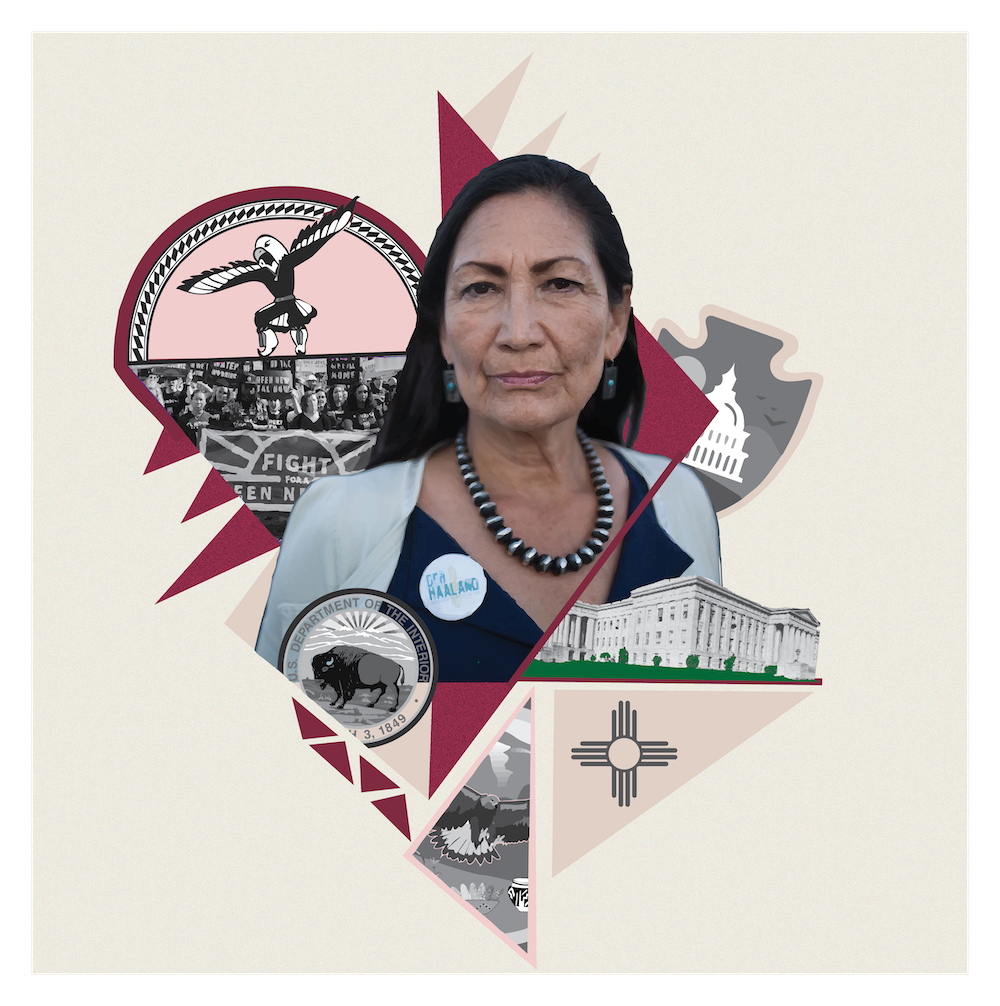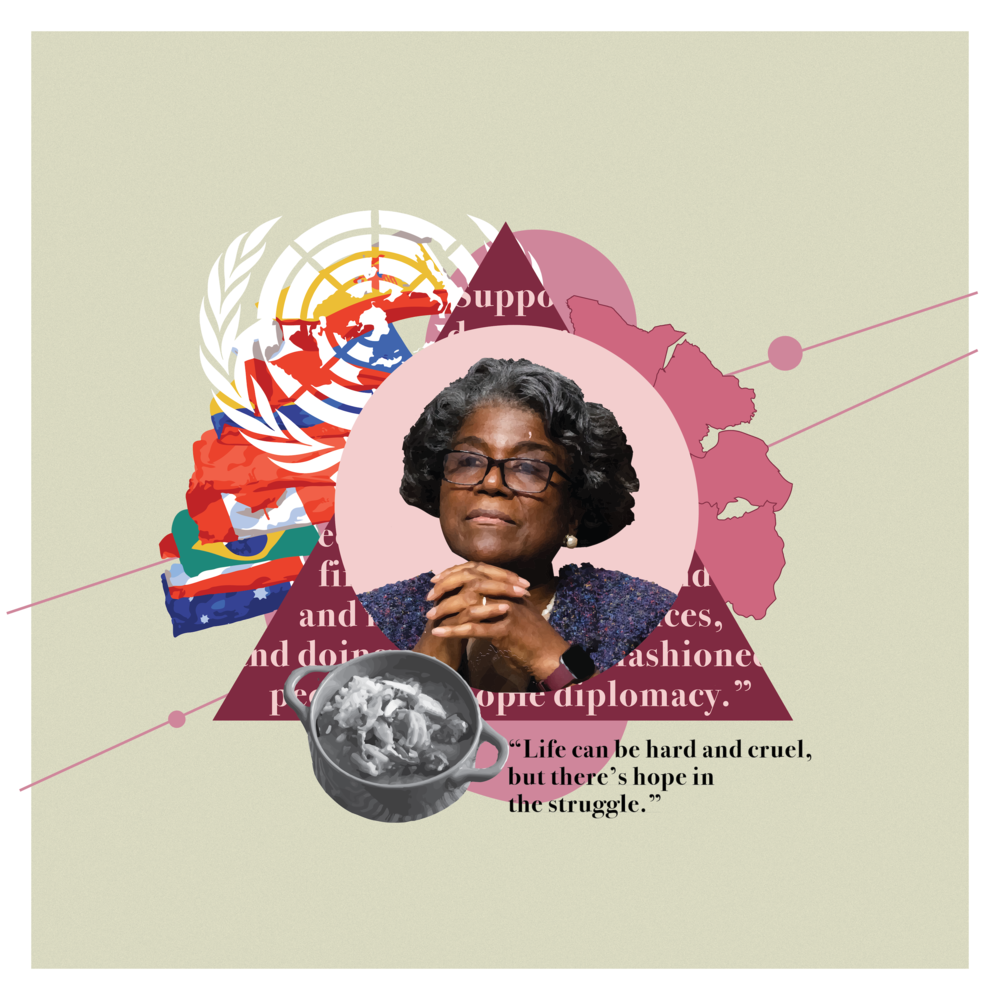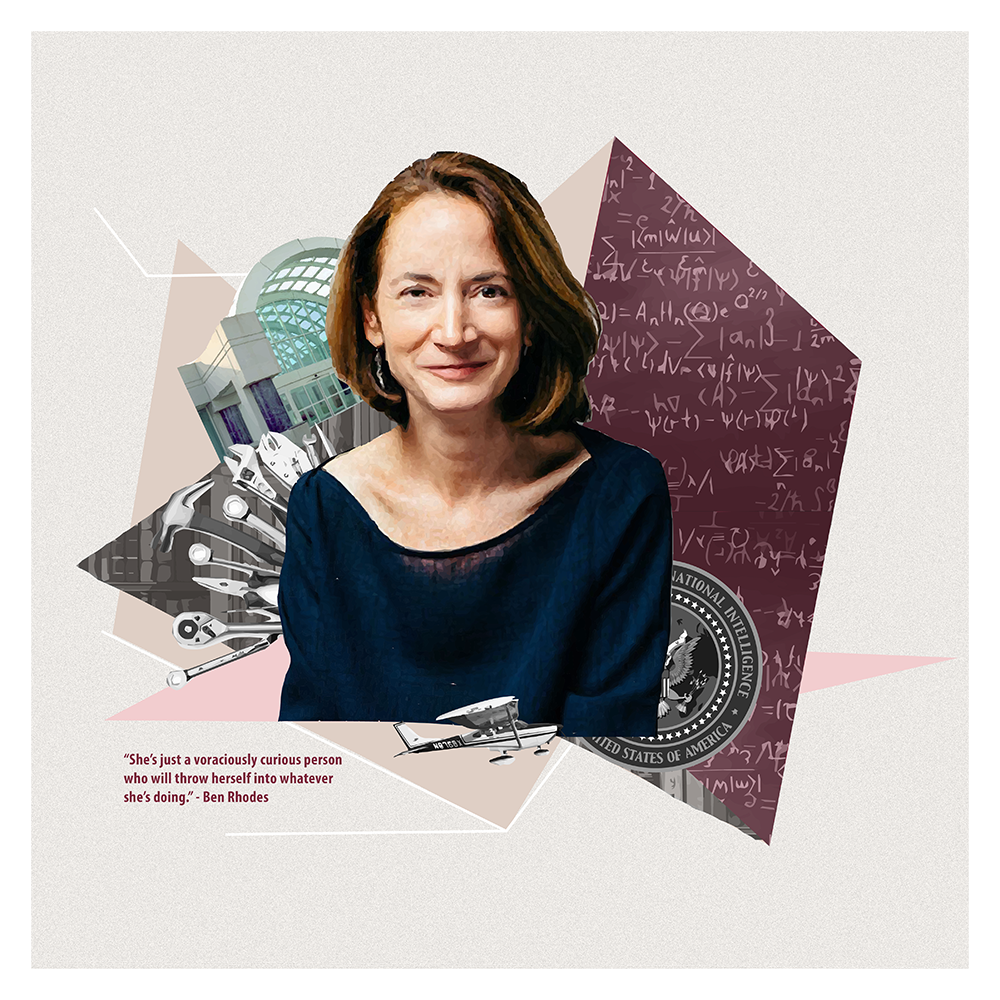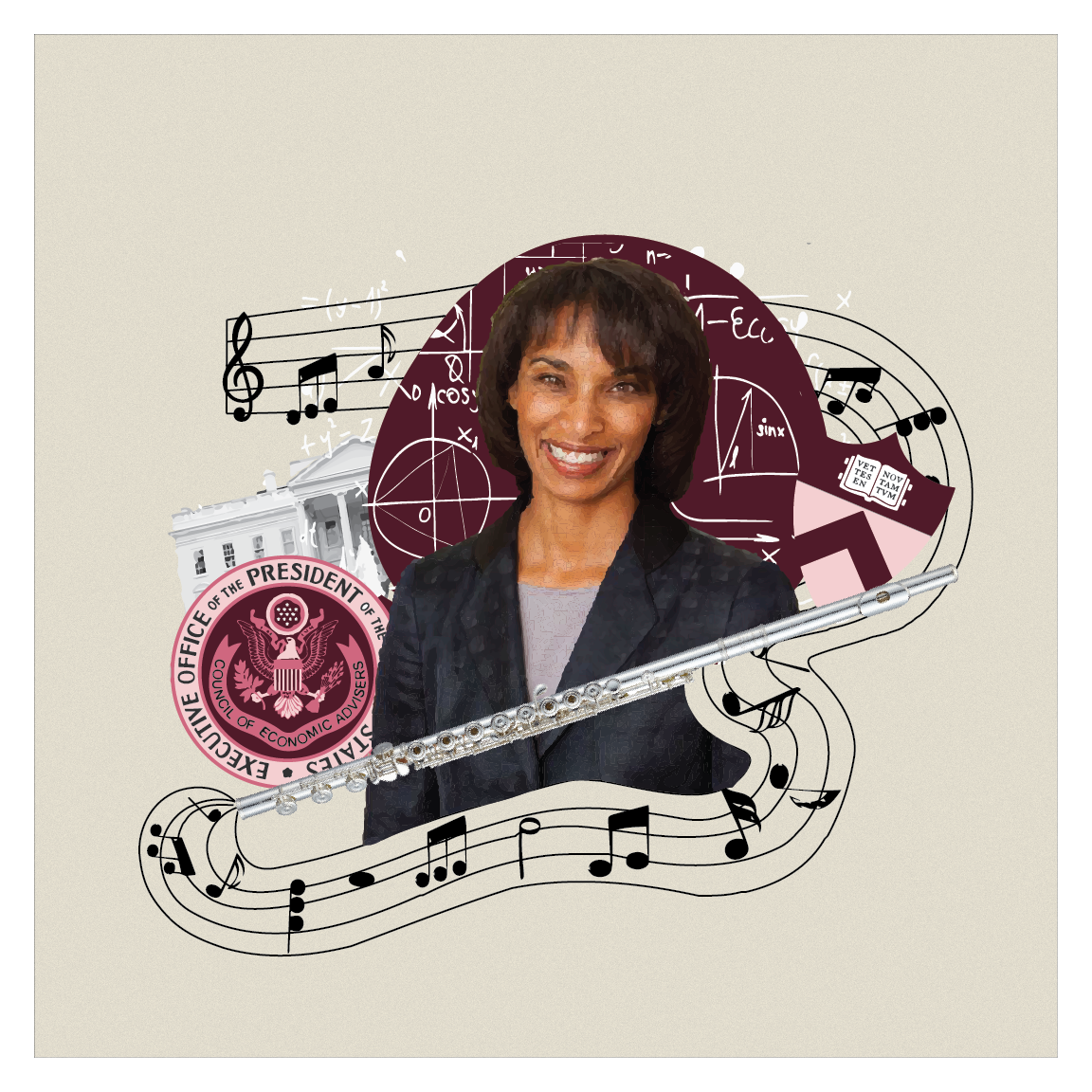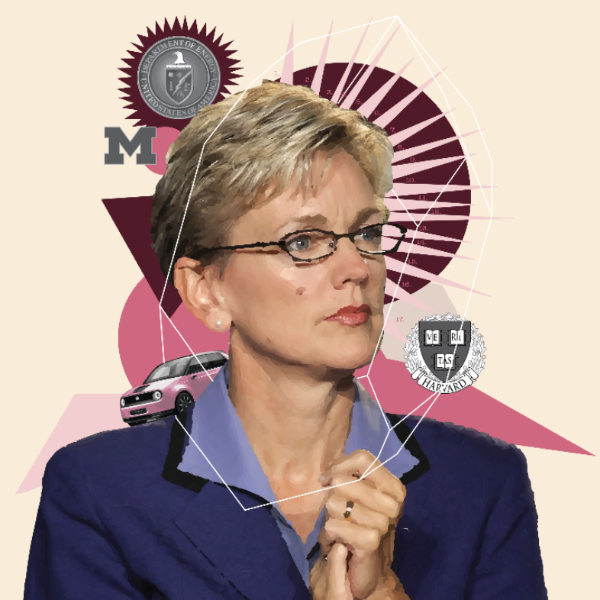Remember when presidential debates were about substantive opportunities to learn what candidates for the highest leadership position in the US believed in and promised to do?
So what did we learn last Thursday night? Certainly, we learned that CNN deciding not to do live fact checking meant that a candidate can lie repeatedly and with impunity. We also witnessed a smart, competent president having difficulty articulating his accomplishments and his aspirations for another four years.
Among the many distressing aspects of this first presidential debate was that neither candidate answered a key question: "Will you take any action as president to slow the climate crisis?" Trump answered with bold-faced lies about his administration’s environmental records which, in truth, worked to repeal as many of the climate rules and regulations that existed, as possible.
In his rebuttal, President Biden talked about his commitment to climate action, which included signing the Inflation Reduction Act, a landmark piece of climate legislation that is the biggest investment in clean energy ever in the United States. He also talked about the importance of the Paris Accord, and the urgency of working with other countries to hold the temperature rise to 1.5℃.
But neither candidate talked about what they plan to do in the next four years. That was the problem I had with the entire debate, and one of the reasons that so many people are distressed, disappointed, and dangerously disengaging as voters — voting is, as we know, the foundational commitment for citizens in a democracy.
So as a concerned citizen, let me share some good news. Those of us who believe the climate and nature crisis is the biggest single threat to a livable future on the planet and who are prepared to take action while there is still time is a much larger number than many believe.
Watch the video below for some surprising and much needed good news:
A new UN Development Program poll released last week shows that 80 percent of people globally want their governments to take stronger action to tackle the climate crisis. “Even more — 86 percent — want to see their countries set aside geopolitical differences and work together on climate change. The scale of consensus is especially striking in the current global context of increased conflict and the rise of nationalism.”
More good news comes from the entertainment world where an initiative, Good Energy Stories, is encouraging all content makers to incorporate climate storylines into their programming for all screens and platforms for the important reason that popular entertainment programming reaches much larger audiences than single-focused documentaries on climate. And there’s now some convincing evidence that integrating climate into popular media has measurable positive impact.
Consider this report on an episode of Madam Secretary that Anna Joyner, founder of Good Energy, consulted on. The findings are stunning:
Watching the climate episode had a large impact on support for climate policies and attitudes about climate justice. Viewers reported increased overall support for “robust government action” to address climate change and were more likely to endorse the belief that “smaller, poorer, and developing nations are disproportionately vulnerable to the effects of climate change compared to richer, larger nations.”
We saw a significant increase in support for hard-to-move climate justice policies, including:
compensating vulnerable countries for damages caused by climate change;
the US accepting climate migrants;
creating a resilience fund to protect from climate disaster; and
providing emergency aid to victims of climate disasters in poorer nations.
Anna writes, “Most importantly, after watching the episode, viewers were nearly three times more likely to identify as a climate single-issue voter, meaning they would only vote for a candidate if they were willing to take action on climate change."
Anna Joyner and her team at Good Energy Stories are countering the massive and well-financed misinformation campaigns of Big Oil and replacing “doomism” with hope that we will act fast enough to reverse the negative impacts of climate change.
We are on the cusp of a cleaner, better, more sustainable and habitable future for everyone. And, considering those polling numbers I mentioned above, there is more public support than ever to demand swift action from our governments and companies (and of ourselves) that will move us towards that future.
For Americans, July 4th is the day we consider our future with a focus on the freedoms that past generations fought to secure. So many of those freedoms are at risk in the frontline battles that truly threaten the sustainability of our democracy. Seldom, if ever in our lifetimes, has our way of living and governing by the consent of citizens felt more fragile or vulnerable to dismantlement. Just consider the shift in our check and balance system between the three pillars of power — justice, legislative, executive — resulting from a lopsided Supreme Court.
So along with the family gatherings, the fireworks and patriotic symbols, can we also take some time to think deeply about what is at stake in every action we take as citizens of our democracy? Showing up to vote for leaders who understand what’s at stake and who are committed to doing what it takes to secure our freedoms and a livable future on this planet must be a priority for all of us.
Knowing we have a vote and a voice is the foundational freedom to celebrate on July 4th and on every day in the US and in other democracies around the world. Americans must remember, too, that what we do in this country impacts the future of the freedoms, stability and sustainability for everyone on this planet we live on together.
Onward!
- Pat


